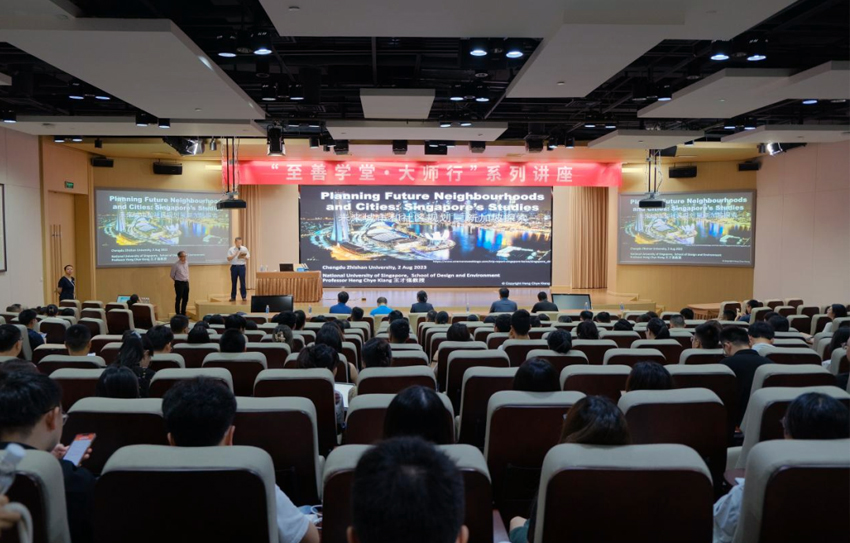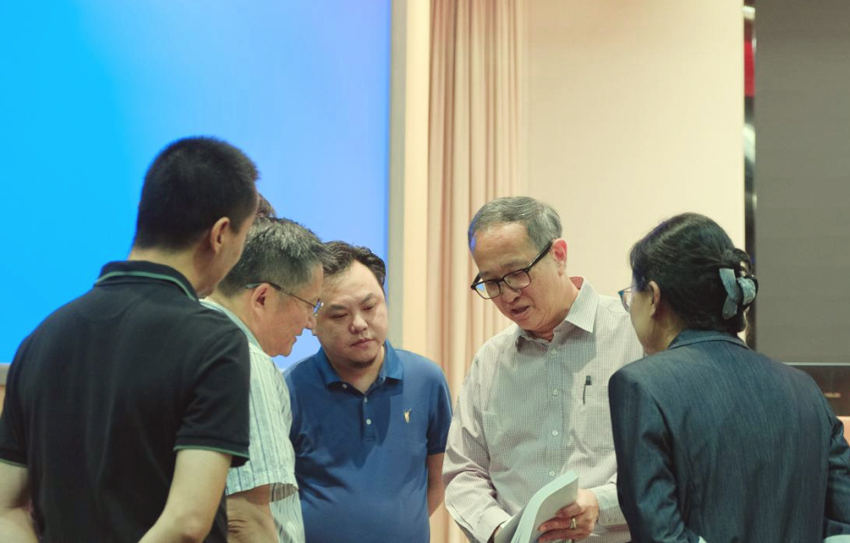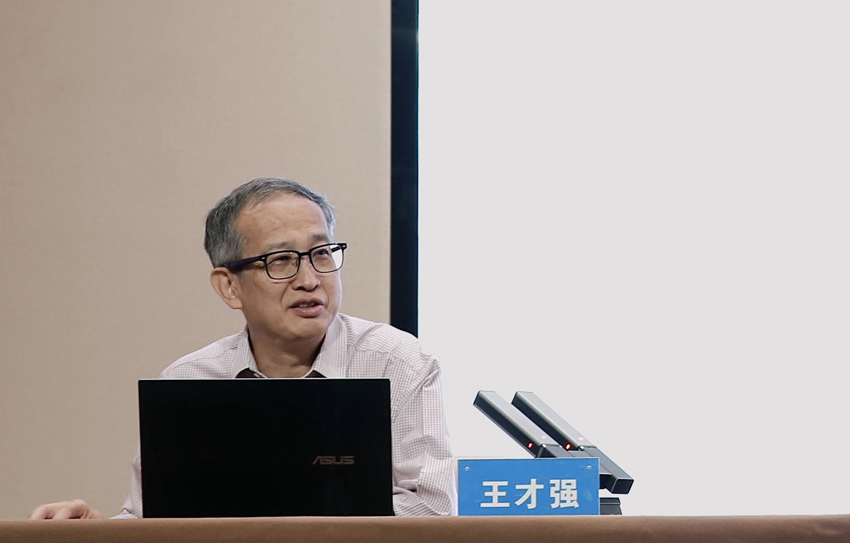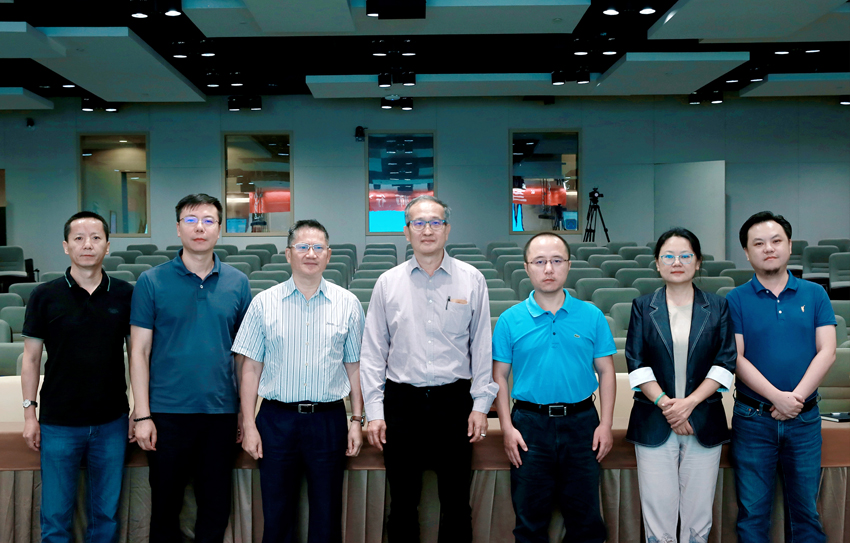ARCHILAND CO-ORGANIZES THE CHINA CONSTRUCTION SOUTHWEST DESIGN INSTITUTE (CSWADI) ZHISHAN ACADEMY - MASTERS' TOUR
Recently, the Zhishan School of Planning at CSWADI Southwest Design Institute invited Professor Heng Chye Kiang, Executive Vice Dean of the School of Design and Engineering at the National University of Singapore, to give a lecture on future urban and community planning. As a co-organizer, Archiland organized and participated in this lecture.


The lecture was hosted by CSWADI Southwest Design Institute and Chengdu Future Science and Technology City, co-organized by Airport Institute and ARCHILAND (Singapore). Mr. Zheng Xiao Ming, Chief Planner of CSWADI, presided over the lecture, and Chengdu Future Science and Technology City (FSTC), and Ms. Tian Kun, Director of ARCHILAND (Singapore), and Mr. Zhang De Tao, General Manager of Southwest Region of ARCHILAND (Singapore), were present at this event. Mr. Zheng Xiao Ming, Chief Planner of CSWADI, expressed his heartfelt thanks to Professor Heng for his brilliant lecture. He said that Professor Heng 's lecture brought great inspiration to Chinese planners on how to adapt to the current national conditions, transform from "big narrative" to "small fortune" business, and fulfil the value of planning for urban space at small scales.

With the theme of "Future Cities and Community Planning - Exploring Singapore", Professor Heng started his lecture from the macro to the micro level by looking at the changing trends of urban planning strategies and concrete cases of community planning in Singapore over the past decades. Combining the planning cases of Dover Newtown and Paya Lebar Airbase in Singapore, Prof Heng described the challenges of climate change, resource depletion, demographic change and urban sustainability that Singapore is facing nowadays, introduced the planning network and planning models of new towns in the city, and explored the themes of age-friendly, green transport, high-density living pattern and environmental performance assessment, trying to address social segregation through integrated land use planning, It attempted to address social segregation through integrated land-use planning, transport planning and community design, and put forward a vision of future urban development towards "one-minute streets" and "five-minute cities".
